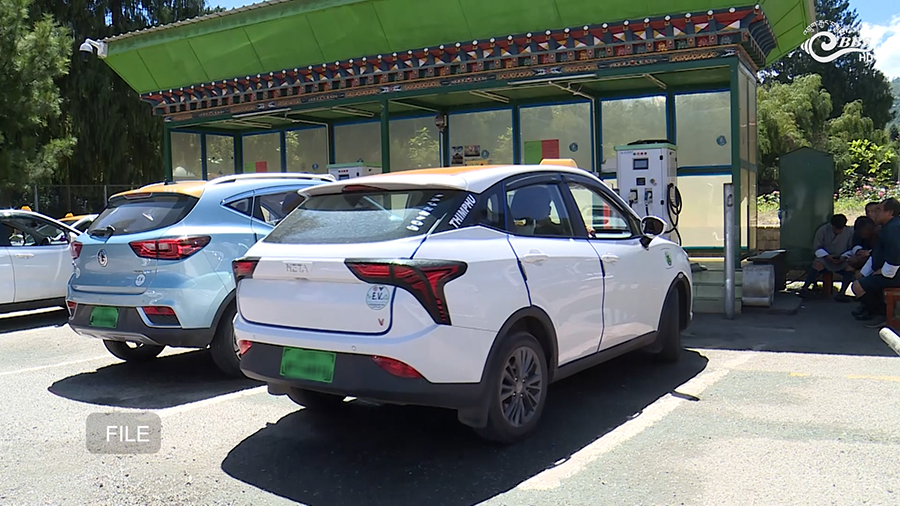 An independent task force has found that 34 subsidised electric taxis were never delivered under the EV taxi project, which ended in 2022. The investigation revealed that Kuenphen Motors failed to supply 32 vehicles and Bhutan Hyundai Motors two, despite millions in government subsidies having been disbursed. The task force has given both suppliers 90 days, starting July 10, to deliver the pending vehicles to interested beneficiaries.
An independent task force has found that 34 subsidised electric taxis were never delivered under the EV taxi project, which ended in 2022. The investigation revealed that Kuenphen Motors failed to supply 32 vehicles and Bhutan Hyundai Motors two, despite millions in government subsidies having been disbursed. The task force has given both suppliers 90 days, starting July 10, to deliver the pending vehicles to interested beneficiaries.
A two-week screening process will identify eligible recipients, who must place their orders within a week. If they fail to do so, the government will recall the subsidies and allow beneficiaries to source EVs from other suppliers under the same project conditions.
The findings revealed that suppliers failed to fulfill their contractual obligations within the stipulated time. Other factors, including beneficiaries withdrawing from the scheme, loan disbursement hurdles, and administrative lapses within the Project Management Unit, also contributed to the delay.
The investigation found no evidence of misappropriation of public funds, clarifying that the issue stemmed from delivery delays rather than misuse. Still, the task force stressed that it is “not acceptable for a private party to hold onto government funds without delivering results,” signalling that the government takes the matter seriously.
The task force also stated that holding onto government subsidy funds for years is unacceptable. While it remains unclear whether the vehicle dealers will face penalties, the interest they may have accumulated on the subsidy money over the past years will be reviewed in line with existing financial rules and regulations.
The priority right now, according to the task force, is to import and deploy the 34 missing EV taxis as originally intended.
The group said it cross-checked subsidy disbursement records from the finance ministry, loan documents with the Bank of Bhutan, supplier sales data, and EV registrations with the Bhutan Construction and Transport Authority. Investigators also directly contacted each intended EV beneficiary. However, the process was slowed by missing documentation from the former Ministry of Information and Communications, which had overseen earlier phases of the project.
The review also confirmed that no additional vehicles are unaccounted for, ruling out the possibility of further missing EVs. The task force mentioned that the government said it would incorporate lessons from this failed rollout to strengthen future climate action projects.
The “Sustainable Low Emission Urban Transport Systems” EV project, launched in 2018, aimed to introduce 300 electric vehicles into the country’s taxi fleet with a 20 per cent subsidy for drivers.
Samten Dolkar
Edited by Kipchu








